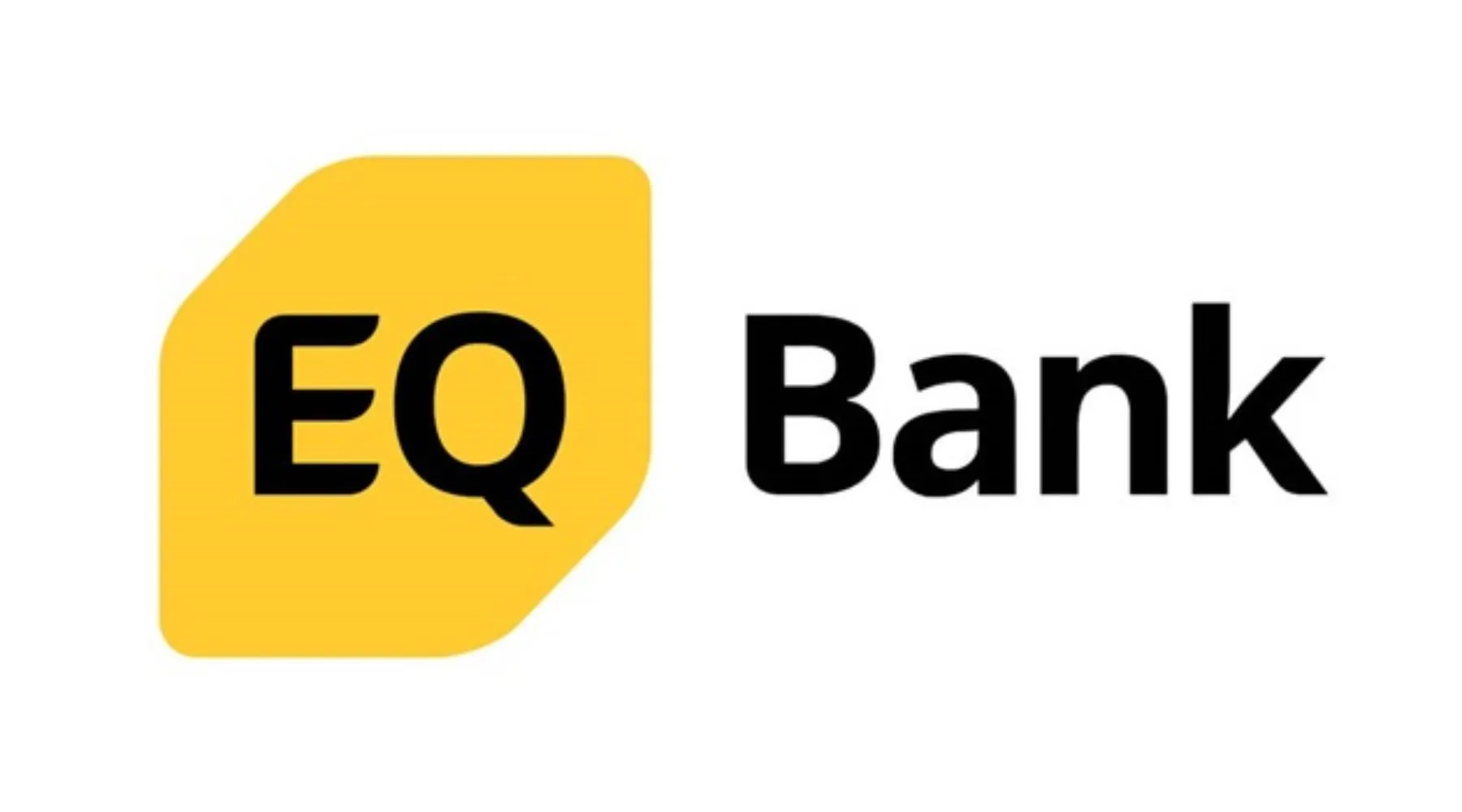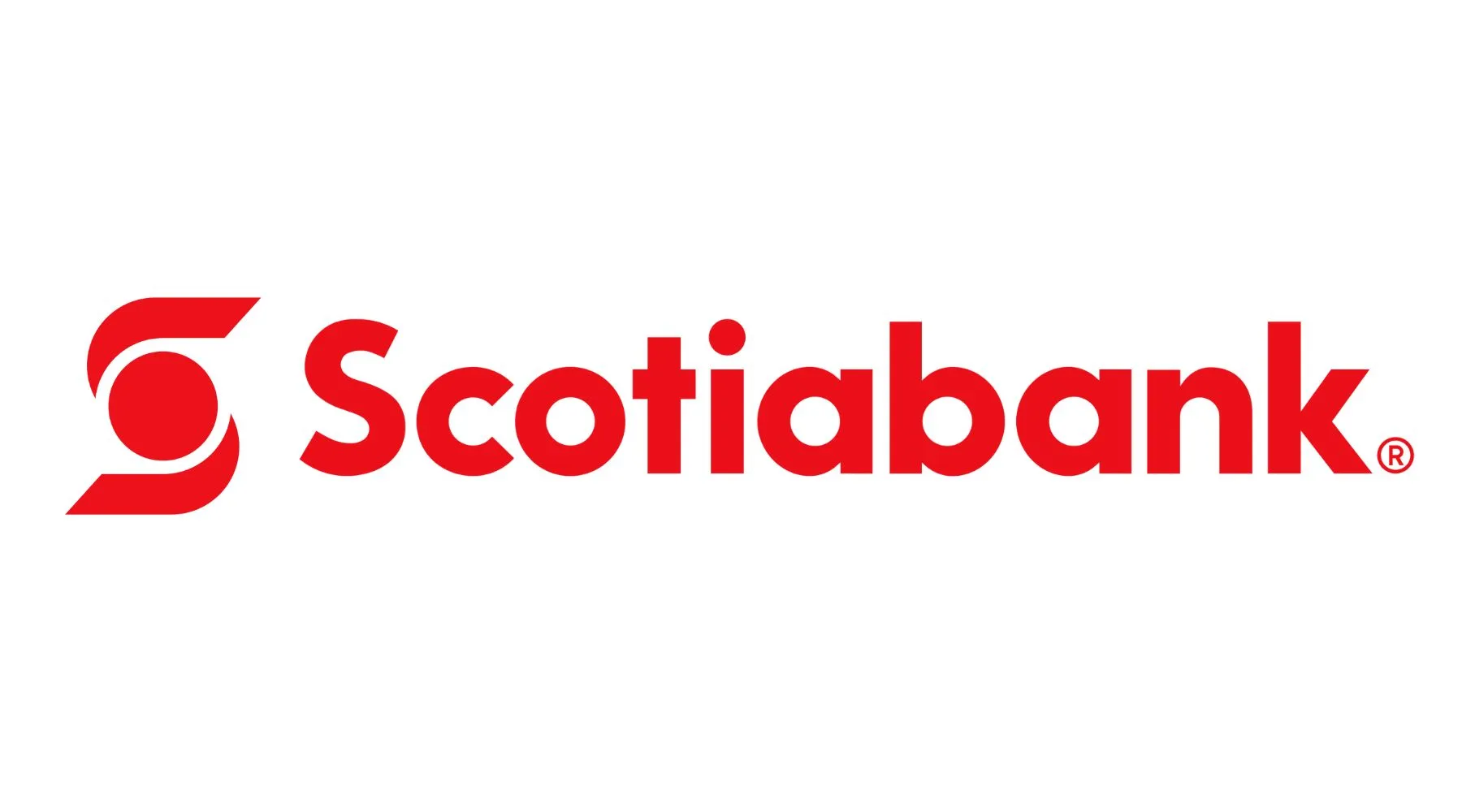{“menuItems”:[{“label”:”How to open a business bank account in Canada in 5 steps”,”anchorName”:”#how-to-open-a-business-bank-account-in-canada-in-5-steps”},{“label”:”Compare business bank accounts in Canada”,”anchorName”:”#compare-business-bank-accounts-in-canada”},{“label”:”What is a business bank account?”,”anchorName”:”#what-is-a-business-bank-account”},{“label”:”Who can open a business account in Canada?”,”anchorName”:”#who-can-open-a-business-account-in-canada”},{“label”:”Can I open a bank account online for my business?”,”anchorName”:”#can-i-open-a-bank-account-online-for-my-business”},{“label”:”What is required to open a business bank account in Canada?”,”anchorName”:”#what-is-required-to-open-a-business-bank-account-in-canada”},{“label”:”How to choose a business bank account”,”anchorName”:”#how-to-choose-a-business-bank-account”},{“label”:”Bottom line”,”anchorName”:”#bottom-line”},{“label”:”How to open a business bank account FAQs”,”anchorName”:”#how-to-open-a-business-bank-account-faqs”}]}Opening a business bank account in Canada is easy — as long as you know what you want from an account. Whether you’re a sole proprietor or you operate a larger business that includes payroll and employees, a business bank account can help you manage your day-to-day business finances smoothly. Keep reading to discover everything you need to know about opening a business bank account in Canada and learn how you can use this financial tool to grow your business without any hassle.
Promoted
USD, GBP, EUR accounts
Multi-currency credit card
Pay bills in 37 currencies
Avoid FX fees
For registered Canadian corporations only
Promoted
Low $6 monthly account fee
Unlimited online transactions
Unlimited mobile and ATM cheque deposits
Sole proprietorships and corporations accepted
Promoted
Transfer to 80+ countries
Low minimum transfer amount
High sending limits
No mark-up or FX rate fees
For registered Canadian corporations only
How to open a business bank account in Canada in 5 stepsHow do I open a bank account for my business? Easy! Just follow these five steps.Step 1: Assess your business banking needsThe first thing you need to do is work out exactly what you need from an account. How many transactions do you need to perform per month? What type of transactions are they? Do you do most of your business banking online, or do you also need an account that accepts regular cash and cheque deposits?Once you know exactly what you need in an account, it’s time to compare your options.Step 2: Compare business bank accountsCompare business accounts that match your needs. Be sure to consider factors such as the monthly account fee, the number of allowed transactions each month, and ways you access account funds. User-friendly online and mobile banking are also important, as is readily available customer support. Other features to consider is whether the business account is equipped to handle deposits and payments in multiple currencies, if the attached spending card offers cashback, whether there are business saving tools such as GICs or high-interest business savings accounts, or the possibility of credit and loan options as your business grows.The best business account for you will support all the transactions and include all the features your company requires regularly — and for the lowest monthly fee.Step 3: Apply online or at a branchWhen you’ve found the right account, it’s time to open your business bank account. Some banks will require you to book an appointment at your nearest branch to complete the process. Increasingly it’s become more common to complete the process of opening a business account online, but you may need to select a financial institution that isn’t one of Canada’s Big Five Banks.Whether you complete the process in-person or online, you’ll need to provide:Your name, date of birth and personal detailsYour contact informationTwo forms of IDBusiness name registrationArticles of incorporation or association (for incorporated companies)Names and contact details of any other business owners or account signatoriesIf you need to visit a branch to open an account, you can book an appointment with a business banking specialist online or over the phone. Check the bank’s list of the paperwork you need to provide so you can make sure you have all the necessary documents ready before visiting your branch.Step 4: Set up online banking and activate your debit cardOnce you’ve opened an account, the next step is to set up online and mobile banking. Be proactive and create a secure password for online banking and never download a mobile banking app from anywhere but the official app store for your phone.Your financial institution will also mail out a debit card linked to the new account, along with other paperwork. Follow the instructions to activate your card.Step 5: Start bankingThe final step is to use your account to manage your day-to-day business transactions. Set up automatic bill payments and preauthorized debits to pay your suppliers. Provide your new account details to clients and customers so they can pay you. Use your debit card to pay for essential business purchases. And track your spending and manage cash flow via online or mobile bankingCompare business bank accounts in CanadaWhat is a business bank account?A business bank account is used to manage your day-to-day business transactions. You can use it to accept payments from customers, pay suppliers, and make purchases using a linked debit card.The key difference between a business bank account and a personal chequing account is you can open it in your business name. This means it can receive payments made out to your company name.A business bank account also allows you to separate your personal finances from your company’s money. Some business bank accounts can also help you issue invoices, run your payroll — useful if you have employees — and make it simpler to track business spending and file your tax return.Who can open a business account in Canada?You can open a business bank account in Canada if you run a sole proprietorship, partnership, small business or corporation. You’ll need to be the age of majority in your province, and your business needs to be registered and operate in Canada. However, some banks and financial institutions have additional eligibility criteria. For example, you may need to meet transaction requirements to qualify for some accounts, while other business accounts are only available to licensed corporations.It’s also possible for non-residents to open business bank accounts in Canada. However, the exact eligibility requirements concerning residency status can vary from one bank to another, so check with your chosen bank first.Can I open a bank account online for my business?Yes. While some banks require you to visit a branch to open an account, others allow you to apply completely online.Fintechs and online-only banks allow you to open an account online without visiting a branch. You simply need to provide your personal and business details in an application form, then upload proof of ID and any required documents.Online business bank accounts are best suited to businesses that do most of their banking digitally. Some providers that offer online business accounts include Vault, Loop and Tangerine.However, it’s also possible to open a business account online with some major Canadian banks. For example, you can open a CIBC business account online without visiting a banking centre.It’s also worth mentioning that some banks openly market that online applications and approvals are available, but, in practice, the application process is not completely online. In this case, you’ll typically be able to submit an online application, but you’ll then need to visit a branch to prove your identity and provide your business documents.What is required to open a business bank account in Canada?The documents needed to open a business account in Canada vary between banks. But you will typically need to supply personal information as well as information about your business.Personal documentsYou’ll need to provide your name, date of birth, address, contact details and SIN. You’ll also need to provide two forms of identification, such as a driver’s licence and passport.Please note that anyone getting signing authority on the account will need to provide this information.Business documentsThe documents you’ll need to provide will vary depending on your business structure.Sole proprietors will need to provide a business registration or trade name registrationPartnerships will need to provide a partnership registration, partnership agreement, trade name registration or Master Business LicenceCorporations will need to provide multiple documents, such as articles of incorporation/association, trade name registration, notice of assessment for income tax, certificate of corporate status and certificate of existenceCheck your bank’s application requirements so you can prepare the necessary paperwork in advance.How to choose a business bank accountFrom major banks and credit unions to digital banks and fintechs, you’re spoiled for choice when looking for a business account in Canada. Keep the following factors in mind when comparing accounts.Monthly feeMost business bank accounts in Canada come with a monthly fee. However, the fee may be waived if you meet a minimum monthly balance requirement.Transaction limitsThe best business bank account for you will suit your regular transaction needs. Basic accounts place a limit on the number of transactions you can make each month, and you’ll pay an additional fee for any excess transactions. Premium accounts support unlimited transactions, but they also come with higher monthly fees.Other feesCheck the fine print for details of any other fees that may apply to your account. For example:If your business accepts cash payments, how much cash can you deposit each month without incurring additional fees?If your business operates globally, will you be charged any foreign transaction fees?Are there any fees for specific transactions, such as sending an Interac e-Transfer or making an ATM withdrawal?Access to your accountConsider how you’ll be able to access and manage your funds. Do you do all your banking online, or do you want a bank that offers convenient branch and ATM access?Look for an account that comes with user-friendly online and mobile banking apps. And if convenient in-person access is important for your business, compare bank ATM and branch networks.Customer supportCheck how you can get in touch with your bank if you have any problems with your account. Can you talk to a real person over the phone, or will you need to access help via live chat or email?Check whether the customer support team is available during hours that are convenient for you.Learn more: Best business bank accounts in CanadaBottom lineOpening a business bank account in Canada is relatively straightforward, as long as you know what type of account would suit your business. Once you understand your business banking needs, it’s important to compare accounts and check eligibility requirements. Then you can gather the necessary documents and open a business bank account online or at your nearest branch.How to open a business bank account FAQs
Do I need a business bank account?
There are several good reasons to consider opening a business bank account. Depending on the structure of your business, it may even be a legal requirement.Opening a business bank account allows you to keep your personal and business transactions separate. It also makes your business appear more professional to clients, and it makes it much easier to keep track of your business transactions as well as manage your tax obligations.
How do I open a business account in Canada?
The exact process to open a business account varies from bank to bank. Some providers allow you to apply entirely online, while others require you to visit a branch. Whichever method you follow, you’ll need to provide your personal information and business details along with proof of ID.
Can you do online banking for a business account?
Yes. Most banks offer online business banking portals that are separate to their personal online banking services. You can use online business banking to send payments, track your spending and manage cash flow.
What is the quickest way to open a business bank account?
The quickest way to open a business bank account is to apply online. You can provide your personal information as well as upload your business documents and proof of ID, and it often takes less than 30 minutes to apply.
Can I open a TD business account online?
If you’re a sole proprietor, you can apply for a TD business account online. But if you’re not a sole proprietor, you will need to book a phone appointment with a TD Business Banking Specialist to open an account.
What is the best account to open for a business?
The best business bank account depends on your banking needs. For example, if your business frequently accepts cash payments, you’ll need an account that doesn’t slug you with extra fees for making cash deposits. But if your business operates solely online, you’ll need an account that supports a suitable number of digital transactions.You’ll also need to consider factors such as how many transactions you need to make each month, and whether the account comes with a monthly fee.
Can I open a business bank account immediately?
It depends. If you’re an existing customer with the same bank and you’re opening a business account as a sole proprietorship, it may be possible to open an account within minutes. But if you’re a new customer or have a more complicated business setup, it may take a couple of business days for your application to be approved.
Can I open a business bank account in Canada as a non-resident?
Yes, it is possible to open a business account as a non-Canadian resident. However, not all banks will allow this, while you may also need to satisfy additional requirements to qualify for an account. Check with your bank of choice to find out whether they offer non-resident business accounts.


